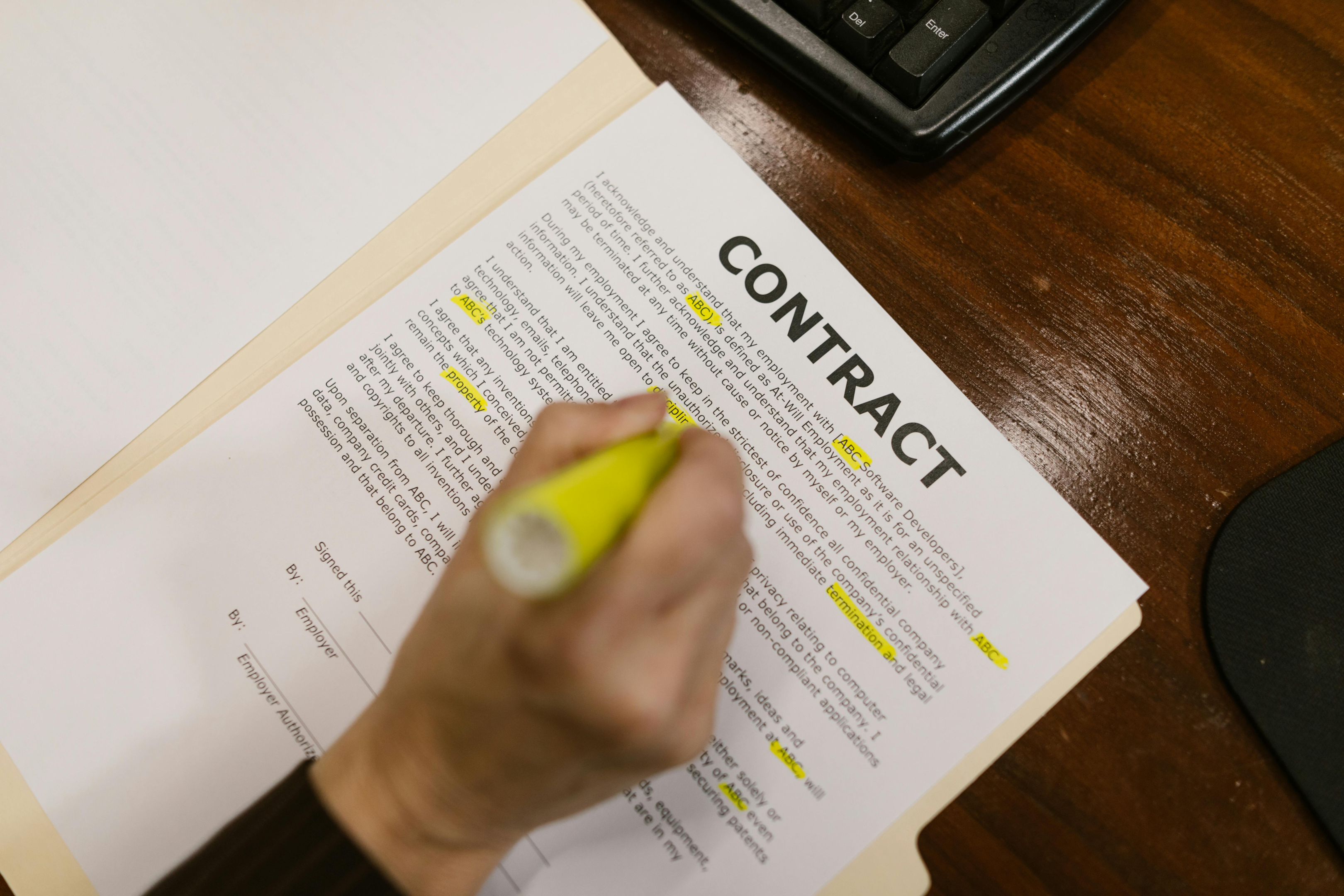
Life Insurance Riders Explained
Life insurance riders provide a way to customize and enhance the coverage of a standard policy. They allow policyholders to add on provisions that cater to their specific needs and concerns. The double indemnity rider is one such option that offers additional financial security to beneficiaries.
Highlighting the Double Indemnity Rider
The double indemnity rider is particularly notable for its provision of doubling the payout in the event of the policyholder’s accidental death. This feature is designed to provide beneficiaries with extra protection, reflecting the unforeseen and sudden nature of such incidents. It underscores the importance of being prepared for any eventuality.
Understanding Double Indemnity Riders

Defining the Double Indemnity Rider
A double indemnity rider is an optional addition to a life insurance policy that provides an extra death benefit if the insured’s death is accidental. This provision ensures that beneficiaries receive significant financial support during challenging times, offering peace of mind to both the policyholder and their loved ones.
Key Features and Distinctions
This rider is characterized by its specific activation criteria, primarily focusing on accidental deaths. It is crucial for policyholders to thoroughly understand these conditions to ensure their coverage adequately meets their expectations. Clarifying what qualifies as an ‘accidental death’ is essential for making the most out of this rider.
Eligibility and Activation

Criteria for Activation
These riders are not automatically activated; specific criteria must be met. Typically, the policy defines what constitutes an accidental death, which usually excludes deaths from risky behaviors or illegal activities. Understanding these criteria is essential for policyholders to ensure their coverage is applicable when needed.
Common Qualifying Scenarios
Accidental death in the context of double indemnity often includes unforeseen events like car accidents, falls, or work-related incidents. These situations must be clearly accidental and not linked to the insured’s health conditions or risky choices. Policyholders should familiarize themselves with these scenarios to manage expectations and costs.
Exclusions to Keep in Mind
Not all accidental deaths qualify for double indemnity benefits. Exclusions often include deaths resulting from drug overdose, suicide, negligence or committing a crime. It’s important for individuals to review their policy details or consult with their insurance provider to understand these exclusions fully.
Benefits of a Double Indemnity Rider

Financial Advantages for Beneficiaries
The primary benefit is the financial security it provides. By doubling the payout in the case of accidental death, for example, it ensures that beneficiaries have a more substantial safety net. This can be particularly valuable in covering unforeseen expenses or maintaining the family’s standard of living.
Emotional Comfort in Difficult Times
While no amount of money can compensate for the loss of a loved one, the additional financial support can offer some comfort. It helps alleviate the stress of financial burdens during a period of mourning, allowing families to focus on healing.
Comparison with Other Riders
Double professional indemnity insurance riders are unique compared to other life insurance riders in terms of the conditions under which they pay out. Unlike riders that provide early payouts for terminal illness or long-term care, this indemnity focuses solely on accidental deaths, highlighting its specificity and value in protecting against the unexpected.
Challenges in Claiming Double Indemnity
Navigating Potential Hurdles
Claiming double indemnity benefits can be complex. Beneficiaries may face challenges such as proving the death was accidental and not due to excluded causes. It’s crucial to understand the policy’s fine print and prepare for potential obstacles.
Tips for Submitting a Successful Claim
To increase the chances of a successful claim, documentation is key. This includes police reports, autopsy results, and witness statements that support the accidental nature of the death. Being thorough and organized in gathering and presenting evidence can significantly streamline the claims process.
Seeking Professional Guidance
Sometimes, navigating the claims process requires expert advice. Legal professionals or insurance advisors can offer valuable assistance. They can help interpret policy language, advise on the collection of evidence, and represent the claimant in disputes.
Legal Considerations and Assistance
Importance of Legal Advice
Engaging with legal experts can be crucial when filing a double indemnity insurance claim. They can provide clarity on the policy’s terms and help navigate the complexities of insurance law. Legal advice ensures that beneficiaries’ rights are protected throughout the claims process.
How Attorneys Can Help
Attorneys specializing in insurance claims can assist in several ways. They can evaluate the policy to determine if a death qualifies for double indemnity, gather necessary evidence, and represent the beneficiary in negotiations with the insurance company. Their expertise can be invaluable in securing the benefits due.
Challenging Denied Claims
If a double indemnity claim is denied, legal representation becomes even more critical. Lawyers can challenge the insurance company’s decision, argue the case, and potentially take legal action to secure the payout. Their intervention can make a significant difference in the outcome of disputed liability claims.
Conclusion
Understanding double indemnity riders in life insurance policies is crucial for policyholders and beneficiaries. This comprehensive overview, from defining the rider and its eligibility criteria to navigating claims and seeking legal assistance, underscores the importance of being well-informed. Whether you’re considering adding a double indemnity rider to your policy or facing challenges in claiming benefits, knowledge is power. Consultation with legal professionals can provide valuable guidance, ensuring you maximize the benefits of your life insurance policy and protect your loved ones financially in unexpected circumstances.
FAQ: Double Indemnity Riders
What is a double indemnity rider?
A double indemnity rider is an optional addition to a life insurance policy that doubles the payout to insured beneficiaries if the insured’s death is due to an accident.
How does a double indemnity rider work?
The rider activates under specific conditions outlined in the policy, typically related to accidental death. It provides an additional financial benefit over the base policy amount.
What qualifies as an accidental death for these riders?
Accidental death usually includes unforeseen events like car accidents, falls, or work-related incidents, excluding deaths from risky behaviors or illegal activities.
Are there exclusions to double indemnity coverage?
Yes, common exclusions include deaths due to suicide, drug overdose, or during the commission of a crime.
How can I claim a double indemnity benefit?
Submitting a successful claim involves providing comprehensive documentation, such as police reports and autopsy results, to prove the death was accidental.
What should I do if my claim is denied?
Seeking professional legal advice is recommended to understand your rights and possibly challenge the decision.
Can a lawyer help with double indemnity claims?
Yes, attorneys can help by evaluating the policy, gathering evidence, negotiating with insurance companies, and representing covered beneficiaries in disputes.







